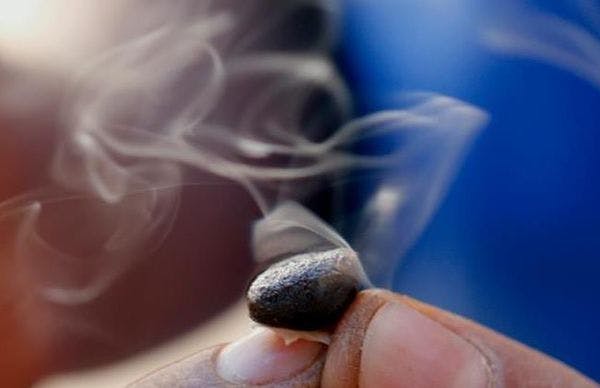Discrimination persists in drug law application in Lebanon
Over a year after the activation of the National Committee for Combating Addiction and a binding ruling by the Court of Cassation, some judges are still refusing to apply the drug law by allowing drug users to seek treatment in lieu of prosecution. Activists and lawyers who spoke to The Daily Star said many prosecutors and judges still perceive addicts as criminals, especially if they are from impoverished or troubled backgrounds.
“Judges are trying to help but are now just recently being educated,” said Rabih Khattab, one of the founders of the Cedar Rehab Center in Hammana, which opened earlier this year. “We’ve gotten phone calls [from judges] where they ask if a patient can be admitted to rehab rather than going to jail, but they only call when they know the patient is ‘not suitable’ to be in a jail cell, suitable meaning somebody coming from a good family.”
Although some judges might assume only wealthy users can afford Cedar’s $7,000-a-month price tag, Khattab said the center operates on a sliding scale and about half of all patients receive financial assistance. The Oum al-Nour association offers inpatient rehabilitation for free, but a spokesperson for the institution refused to discuss its relationship to the judiciary or whether the number of referred cases had risen since the Committee’s formation.
Click here to read the full article.
Keep up-to-date with drug policy developments by subscribing to the IDPC Monthly Alert.
